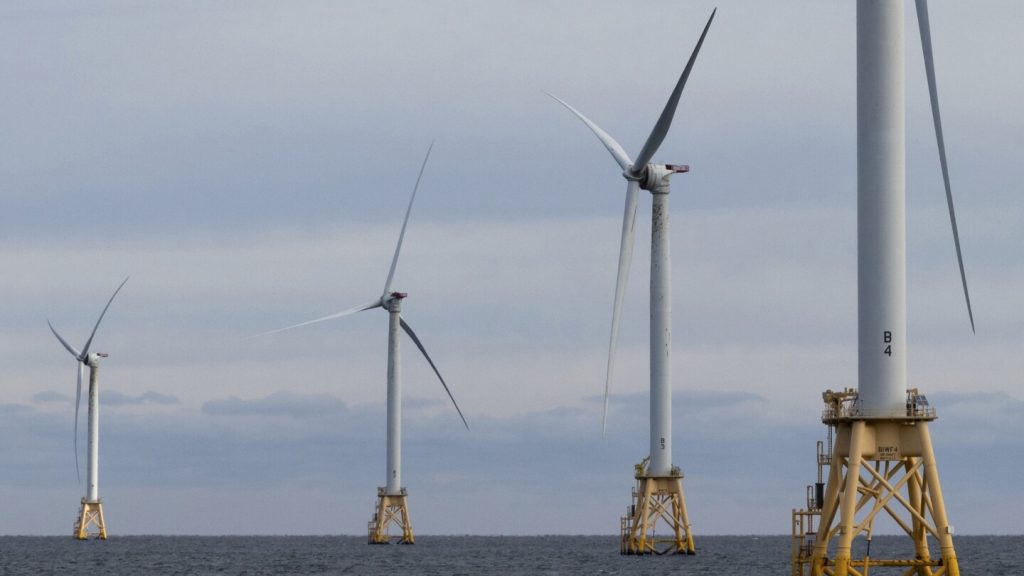The Massachusetts Senate recently approved a bill focused on expanding renewable energy adoption in an effort to help the state achieve its climate goals. This includes reaching net zero greenhouse gas emissions by 2050. Supporters of the bill believe it will lead to lower utility bills for consumers with low and middle incomes and provide more flexibility for the state to negotiate contracts with energy providers. The bill also aims to ban “competitive electric suppliers” that have cost consumers over $577 million in the past eight years, according to a report from the state attorney general’s office. These companies argue that they can help consumers save money and purchase renewable energy. In addition, the bill would also expand electric vehicle infrastructure by making it easier for entities to purchase EV charging equipment, permit charging installation for condo owners, and extend an EV tax incentive program through 2027, providing residents with incentives to purchase electric vehicles.
Senate President Karen Spilka emphasized the urgency of the climate crisis, citing heat emergencies and flooded farms as evidence of the impact of climate change on Massachusetts. She stressed the need for systemic infrastructure changes to meet the state’s net zero emissions goals by 2050. However, Republican state Sen. Bruce Tarr raised concerns about potential restrictions on consumers during the transition to renewable energy sources. Tarr emphasized the importance of maintaining consumer choice and economic stability while pursuing a clean energy future.
The bill is a continuation of efforts initiated in 2022 when then-Gov. Charlie Baker signed legislation to promote offshore wind and solar energy development and reduce fossil fuel use in building projects. The Senate bill aims to further reduce building emissions by allowing gas companies to pursue geothermal projects, mandating consideration of greenhouse gas emissions in pipeline expansion projects, and evaluating the emissions of state-owned properties. It also seeks to expedite permitting for clean energy projects, encourage renewable energy partnerships with other New England states, and drive down costs while promoting innovation in technologies to combat climate change. Senators also approved updates to the state’s bottle bill, expanding the types of containers eligible for a deposit and increasing the deposit amount from 5 cents to 10 cents, including small alcohol bottles.
In addition to the climate legislation, the Senate recently approved a companion bill aimed at reducing plastic usage in Massachusetts. This includes measures to ban single-use plastic bottles by state agencies, eliminate carry-out plastic bags at retailers, require a fee for recycled paper bags, restrict the distribution of straws and plasticware, and establish a recycling program for large items like car seats. These efforts align with the growing trend of states addressing concerns about plastic pollution and its impact on wildlife, waterways, and landfills. Both bills still require approval from the Massachusetts House before reaching Gov. Maura Healey’s desk for final consideration.
Overall, the bills passed by the Massachusetts Senate reflect a comprehensive approach to combatting climate change and reducing plastic pollution in the state. By promoting renewable energy adoption, addressing greenhouse gas emissions, expanding electric vehicle infrastructure, and implementing measures to reduce plastic waste, Massachusetts is taking significant steps towards achieving its environmental goals and fostering a more sustainable future for its residents. The broad support for these initiatives underscores the importance of collective action in combating climate change and protecting the environment for future generations.


